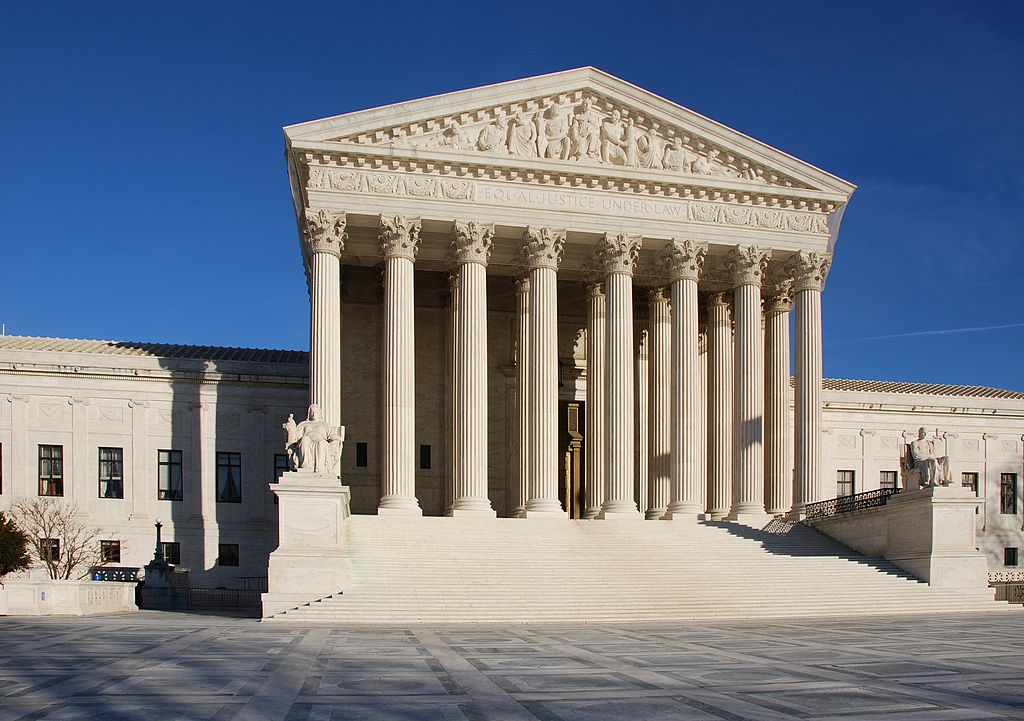The Supreme Court of the United States (SCOTUS) accepted three additional cases for argument during its 2021-2022 term on Jan. 10:
United States v. Washington concerns state workers’ compensation laws and intergovernmental immunity. The question presented to the court in Washington is: “Whether a state workers’ compensation law that applies exclusively to federal contract workers who perform services at a specified federal facility is barred by principles of intergovernmental immunity, or is instead authorized by 40 U.S.C. 3172(a), which permits the application of state workers’ compensation laws to federal facilities ‘in the same way and to the same extent as if the premises were under the exclusive jurisdiction of the State.’” Washington originated from the U.S. Court of Appeals for the 9th Circuit.
Kemp v. United States concerns the Federal Rule of Civil Procedure governing court procedures in civil cases. The court will consider the following question: “Whether Rule 60(b)(1) authorizes relief based on a district court’s error of law.” Kemp came from the U.S. Court of Appeals for the 11th Circuit.
Siegel v. Fitzgerald concerns the constitutionality of a law imposing different fees on Chapter 11 debtors based on the district in which the bankruptcy is filed. The question presented in Siegel asks: “Whether the Bankruptcy Judgeship Act violates the uniformity requirement of the Bankruptcy Clause by increasing quarterly fees solely in U.S. Trustee districts.” Siegel came from the U.S. Court of Appeals for the 4th Circuit.
The court had agreed to hear 59 cases during its 2021-2022 term as of Jan. 10. Four cases were dismissed, and one case was removed from the argument calendar. Eleven cases had not yet been scheduled for argument.
Additional reading:


